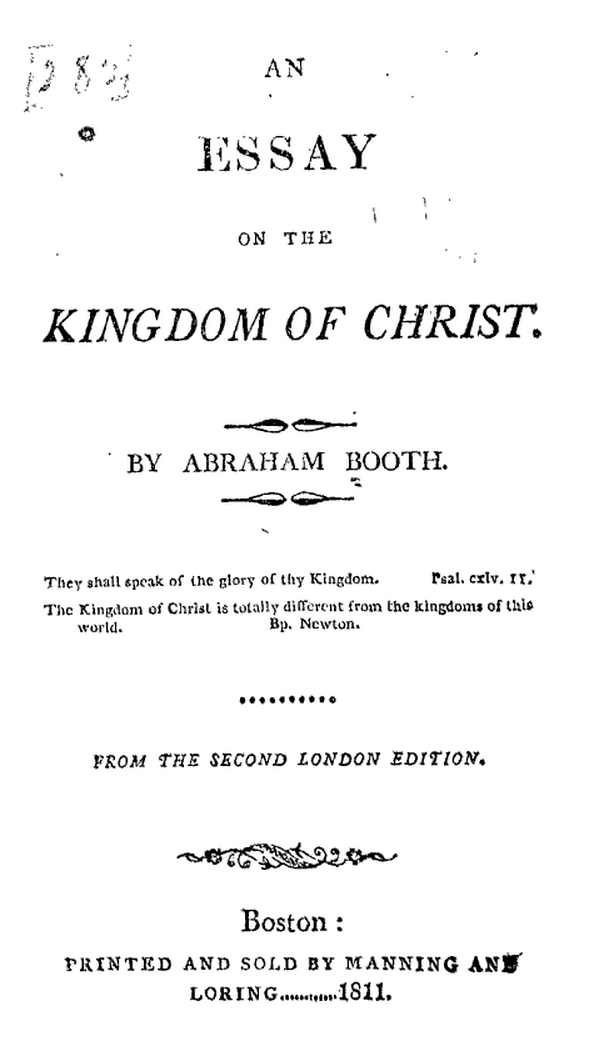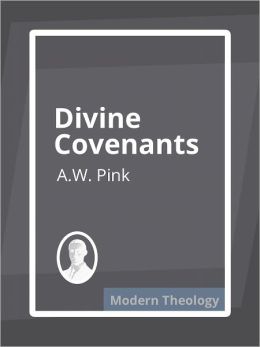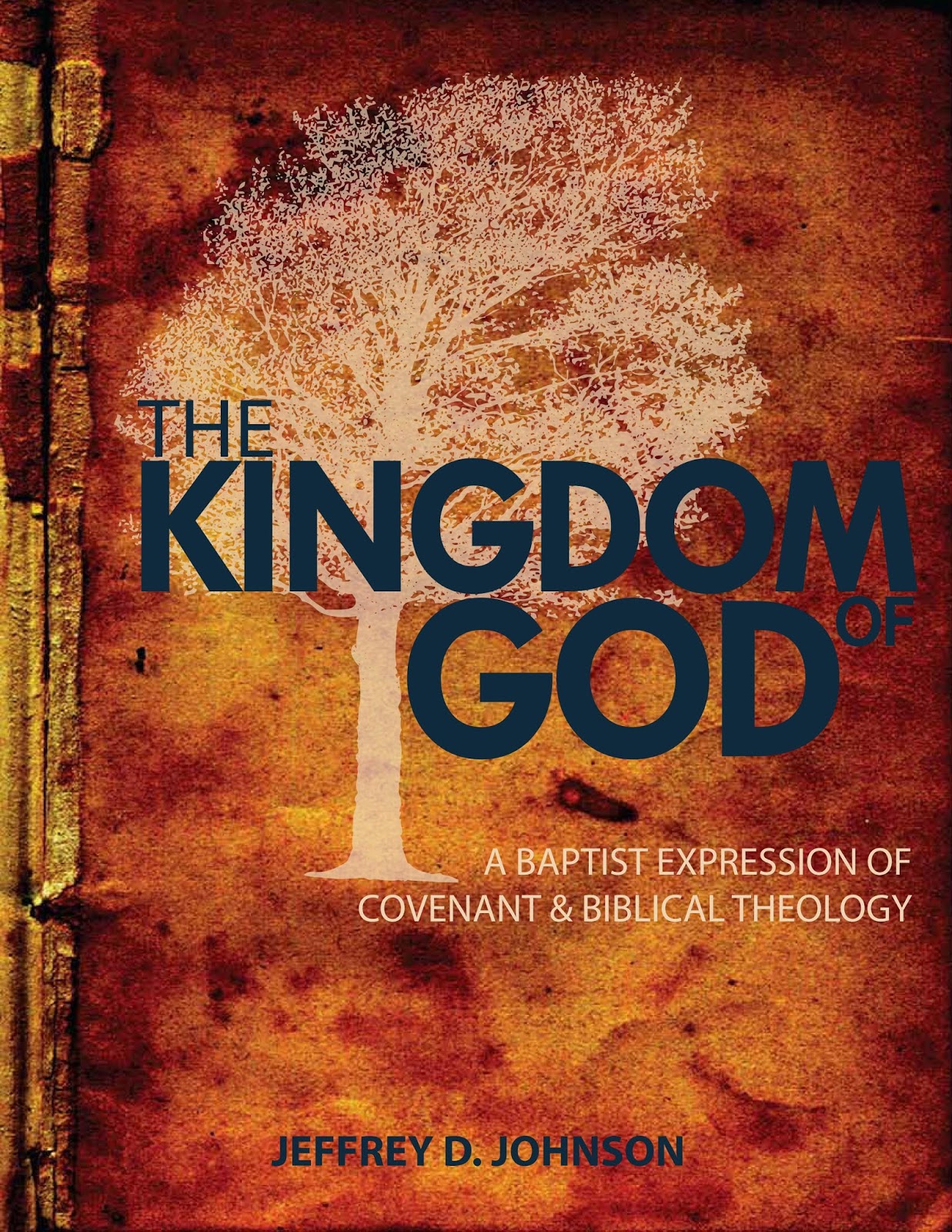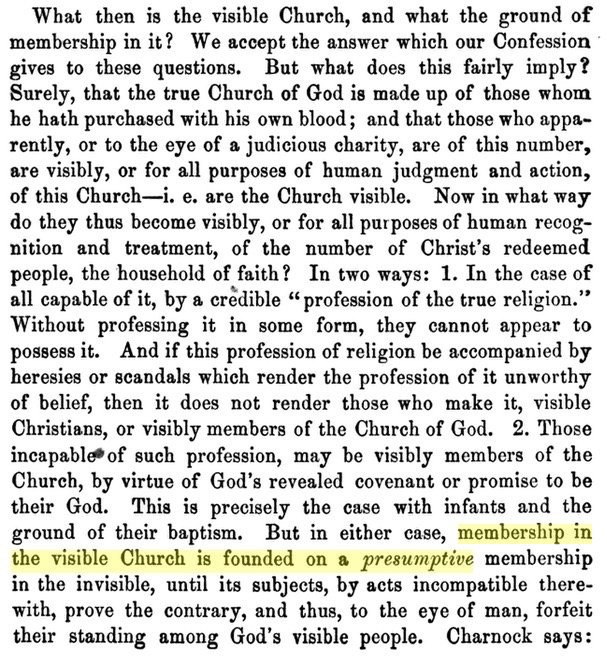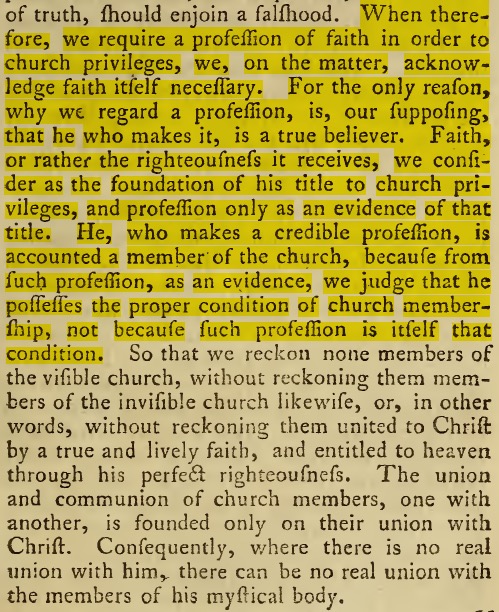Resources
The Family Tree of Reformed Biblical Theology
 Subtitled Geerhardus Vos and John Owen–Their Methods of and Contributions to the Articulation of Redemptive History, this book is a comparative analysis of Vos and Owen in historical-theological context. The thesis is that Vos’ biblical-theological method should be viewed as a post-Enlightenment continuation of the pre-critical federal (i.e., covenant) theology of seventeenth-century Reformed orthodoxy.
Subtitled Geerhardus Vos and John Owen–Their Methods of and Contributions to the Articulation of Redemptive History, this book is a comparative analysis of Vos and Owen in historical-theological context. The thesis is that Vos’ biblical-theological method should be viewed as a post-Enlightenment continuation of the pre-critical federal (i.e., covenant) theology of seventeenth-century Reformed orthodoxy.
324 pages
Published 2010
If you are interested in Reformed biblical theology and how it relates to the federalism (or covenant theology) of the post-Reformation era, this book is for you. It contains a brief history of biblical theology, Vos and Owen in historical-theological context, a comparison between Vos’ Biblical Theology and Owen’s Biblical Theology, then a closing comparative analysis and conclusion.
Available at RBAP
Endorsements
Here is a book no seminary library should be without and which no department of biblical studies, or historical theology can responsibly ignore….Richard Barcellos’ excellent treatment of the hermeneutics of two of history’s greatest biblical scholars should be on your required reading shelf.
Richard W. Daniels, Ph.D.
Author of The Christology of John Owen
Congratulations and gratitude are due to Dr. Richard Barcellos for giving us this wide-ranging, detailed study of the history of biblical theology. With this substantial contribution Dr. Barcellos has put both the academy and the pulpit deeply in his debt.
Sinclair B. Ferguson, Ph.D.
Author of John Owen on the Christian Life
Those interested in Reformed theology, in particular issues of theological method, are indebted to Barcellos for this most welcome and helpful study.
Richard B. Gaffin, Jr., Ph.D.
Professor of Biblical and Systematic Theology, Emeritus
Westminster Theological Seminary
OPC Review
Confessing Baptist Podcast Interview
An Essay on the Kingdom of Christ (Abraham Booth)
Available on Amazon Kindle ($0.99), PDF, .ePub (free) and .mobi (free).
Also available in Portuguese (PDF).
Review by Dr. Michael A.G. Haykin
In his day, Abraham Booth (1734-1806) was one of the leading pastors of the English Calvinistic Baptist denomination. Once described by Andrew Fuller as “the first counsellor of our denomination,” he was always referred to by his contemporaries with deep respect. His chief claim to literary fame is probably his The Reign of Grace (1768). This essay, which has also been reprinted a number of times, was written some twenty years later, and is a valuable exploration of the ramifications of our Lord’s confession before Pontius Pilate: “my kingdom is not of this world” [John 18:36]. Booth argues that by this statement Christ depicts himself as a spiritual monarch, ruling over the realm of the human conscience and the heart [p.6-7]. Moreover, since “the empire of Christ. .. extends to every creature” [p.5], his kingdom cannot be regarded as coterminous with any earthly state. Building on these assertions, Booth queries “whether any national religious establishment can be a part of his kingdom” [p.21]. Booth hastens to add that he has no doubt that many in the Church of England of his day, the “national religious establishment” in view here, were genuine members of Christ’s kingdom. He is rightly calling into question, though, a marriage between Church and State, common in his day and regarded with nostalgia by some evangelicals in ours. Moreover, due to the fact that Christ’s kingdom is a one, its establishment is by means consonant with its nature: “evangelical truth and spiritual gifts, laborious and ardent prayer, fortitude, patience, and a holy example” [p.29].
Regarding another book Reign of Grace, Ernest A. Payne notes:
It is a surprisingly mature and rounded essay in biblical theology and shows how busy Booth must have been in the years at Sutton-in- Ashfield. Would that we knew exactly who or what gave the new direction ro his thought! He is clearly indebted to the one he refers to as “the celebrated John Owen”.
In regards to 1689 Federalism, Booth does an excellent job of showing the tremendous difference between the kingdom of Israel and the Kingdom of Christ by highlighting the fact that Israel was a temporal nation with God as it’s monarch, in contrast to the New Covenant:
This admirably gracious Covenant is completely suited to a spiritual kingdom, and to the subjects we have been describing : for it announces no designs, makes no provisions, confers no blessings, but those that are spiritual and internal. The true knowledge of Jehovah, writing his law in the heart, forgiveness of all sin and perpetual relation to God, are the blessings for which it engages; but there is not a word respecting temporal blessings, nor concerning any merely external relation to the Supreme, though these were the grand articles in the Covenant made at Horeb.
Booth also points his readers to John Erskine’s the Nature of the Sinai Covenant to better understand how the obedience required in the Mosaic Covenant was only external.
Booth’s essay was recently transcribed and made available on Amazon Kindle ($0.99), PDF, .ePub (free), and .mobi (free).
The Divine Covenants (A.W. Pink)
A.W. Pink’s “The Divine Covenants” (0.99 on Kindle; free as PDF) is a 20th century particular baptist treatment of covenant theology. Pink was well acquainted with all the relevant literature. He quotes Owen frequently and also rests upon Abraham Booth (19th century particular baptist) at key points.
He should be read carefully, as a superficial reading may appear to support the multiple administrations view, but a careful reading shows otherwise. See Did A.W. Pink Agree with 1689 Federalism?
Kingdom of God: A Baptist Expression of Covenant & Biblical Theology
Is there a central plot to the Bible? And if so, why is the Bible divided into two different testaments? Moreover, how do these two testaments relate to each other? No doubt, it can be overwhelming to traverse the various covenants of the Bible. And it can be difficult to understand the unity and diversity of the Old and New Testaments. The Kingdom of God: A Baptist Expression of Biblical & Covenant Theology explains why the maze of the Old and New Testaments cannot be properly navigated or understood without a knowledge of the dual (law and gospel) nature of the Abrahamic Covenant. For the law of the Old Covenant and the grace of the New Covenant flow out of the Abrahamic Covenant and are wonderfully reunited in the gospel of Jesus Christ. In other words, out of the earlier dichotomy comes the later unity of the gospel message.
[Take note, Johnson’s view differs at important points with the Coxe/Owen view. For more on this, please see Republication, the Mosaic Covenant, and Eternal Life.]
“On the many books that exist on covenant theology, rare are those that are accessible to neophytes while at the same time instructing the well read student on the subject. This one does both. If Jeffrey Johnson’s first book, The Fatal Flaw, explained what Baptist covenant theology is not, The Kingdom of God explains what it is. In my view, the most important contribution of this work is to bring us the history of salvation through all the biblical covenants in a Reformed Baptist perspective. The deeper treatment that Jeffrey Johnson gives to the Abrahamic Covenant in this work is one of the clearest statements I have read. After you finish reading it, you will have a clearer view of the big picture of the kingdom of God.”Pascal DenaultAuthor of The Distinctiveness of Baptist Covenant Theology
Order Now at FreeGracePress.org
Use code “1689” to get 20% off


